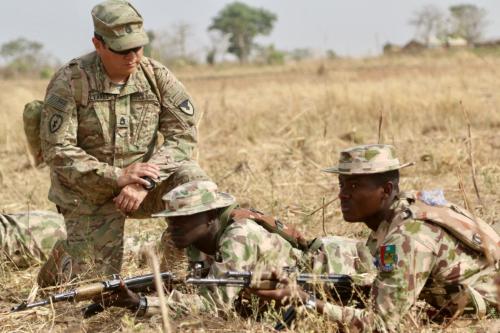Editor’s note: Ted Piccone is on the ground in Havana, Cuba this week. Stay tuned for fresh insights and analysis based on his recent trip upon his return.
President Obama’s announcement today of a comprehensive package of measures to normalize relations turns the page from a failed policy of isolation and punishment to constructive engagement with Cuba. It builds on the president’s steps in his first term to ease travel and remittances but goes much further, to include a prisoner exchange, restoration of diplomatic relations, expansion of trade and travel for more Americans, easing of financial and telecommunications restrictions and other measures to support the Cuban people.
This is precisely the kind of bold presidential leadership needed to move our relations not only with Cuba but with the region and the world to a more positive and constructive place. This is very welcome news for the widening coalition of voices in the United States and around the world—religious leaders, business groups, human rights organizations, academics, members of Congress and a growing majority of Cuban Americans—calling on the president to take serious and positive unilateral steps to move from the Cold War past to a modern and more effective approach to reconcile relations with Cuba. Additionally, it will pave the way to revive U.S. leadership in the region in time for the Summit of the Americas next April.
Related Cuba readings:
Brookings Scholar Harold Trinkunas reacts to the news of Alan Gross’ release »
Brookings Scholar Richard Feinberg reacts to President Obama’s announcement about Cuba »


Commentary
Historic Moves to Normalize Relations with Cuba
December 17, 2014